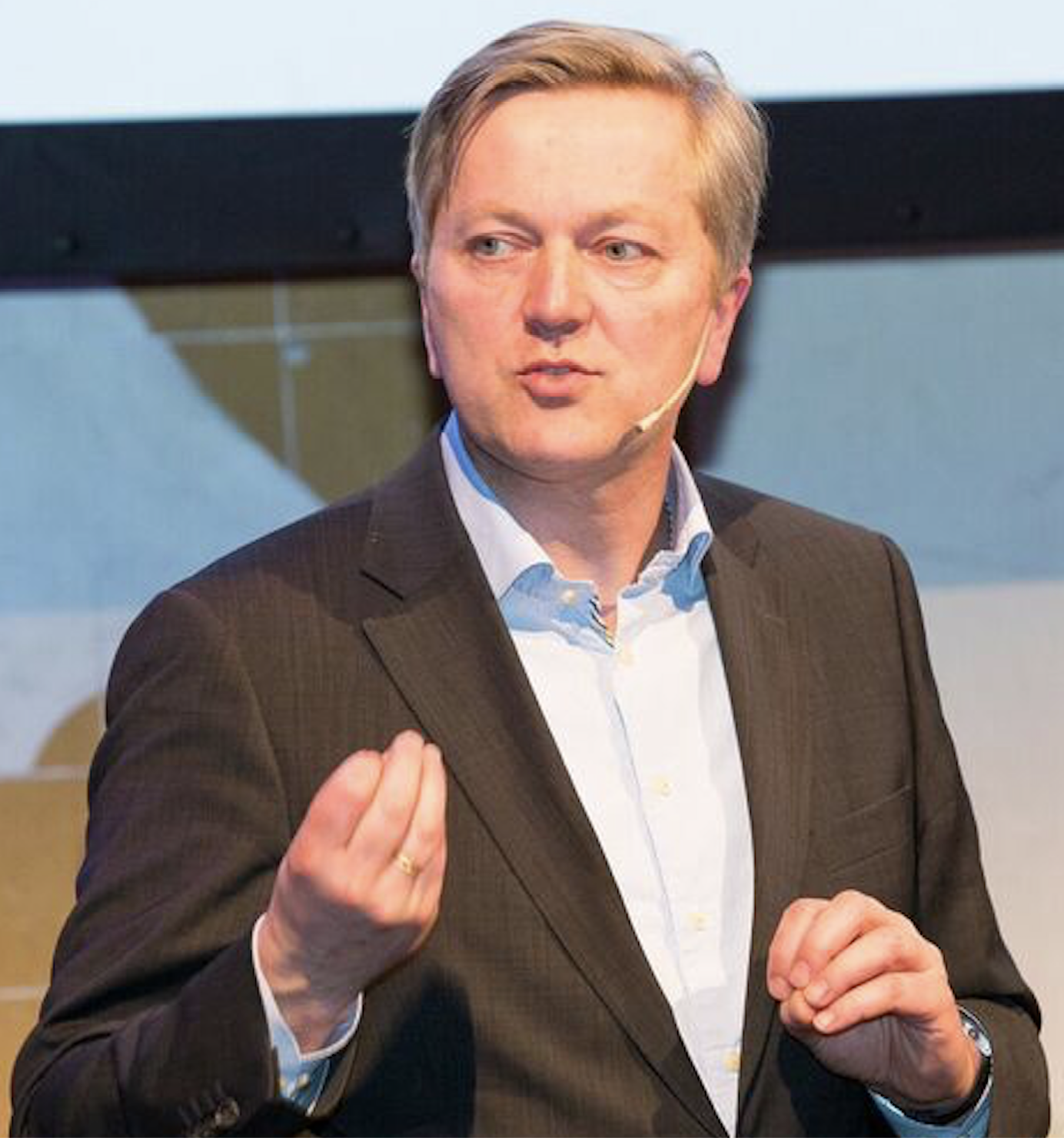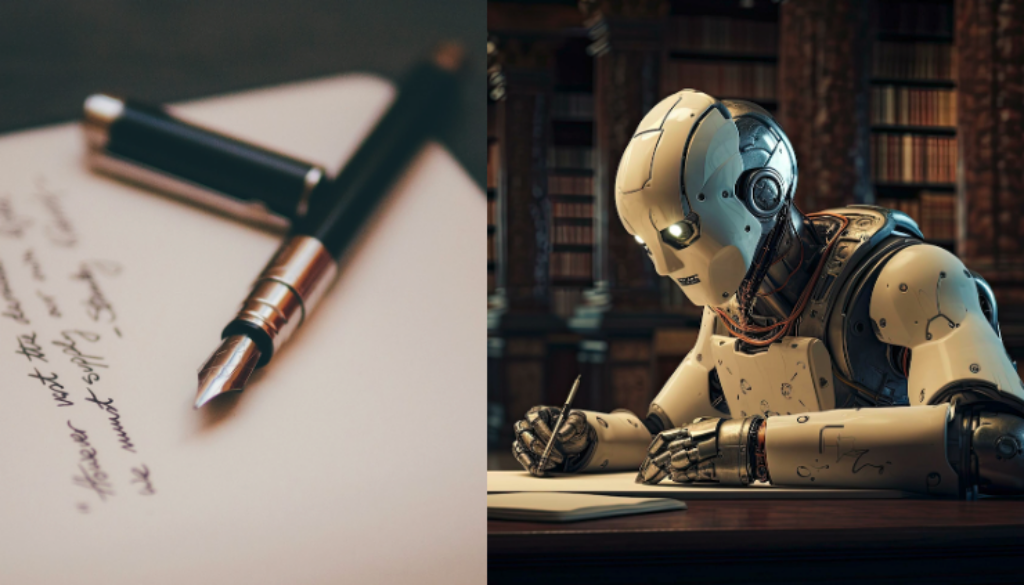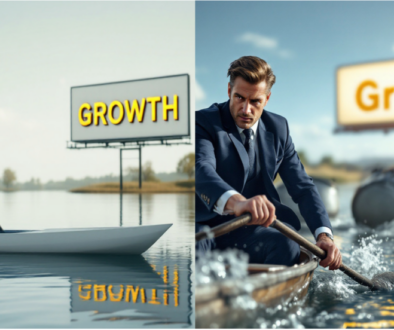ChatGPT becomes the Botox of professional communication, we must learn to speak the subtle languages hidden between the botoxed lines.
In the “glow economy,” how we present ourselves is shaped by others’ perceptions—whether as beautiful, striking, or remarkable. Across cultures, practices like piercings, tattoos, and body modifications have long served as forms of self-expression, now reimagined in today’s globalized, online culture, visible in both streets and on beaches.
The impact of modifying your appearance is determined by what your peers embrace. Take braces, for example. Fifty years ago, they created flawless smiles that set individuals apart. Today, natural teeth may be what makes someone distinctive. Similarly, as Botox use becomes widespread, opting out can mark you as someone resisting cosmetic trends. By doing nothing, you may even symbolize activism against these norms.
Originally, beauty projected refinement—signaling time to care for oneself and avoid the wear of common labor. As beauty interventions become accessible to the majority, their message grows subtler. Maximum enhancement no longer commands the same awe it once did and can even signal less sophistication. Projecting oneself today means navigating the cosmetic wave, actively deciding what to adopt or reject. The subtle language of cosmetics can be learned through magazines, social media, peer interactions, or by observing aspirational figures.
A similar transformation has occurred in writing, especially functional writing. Decades ago, well-crafted prose set people apart. Spell checkers and thesauruses leveled the playing field, much like braces did for smiles. Now, with tools like ChatGPT, writing has entered the “Botox era,” where every CV, recommendation, or blog can be polished to perfection.
So how can we stand out in a world of “botoxed” texts? Will tools like ChatGPT replace human creativity or enhance it? Differentiation may now hinge on mastering these technologies, balancing their use to complement, not overshadow, individual expression. Just as in beauty, a more subtle language must be spoken—but unlike beauty, there is no extensive content to help navigate this new language. As AI-supported writing grows, we must catch-up and learn to read between the botoxed lines. The challenge of using written texts to differentiate ourselves may actually become more complex, not simpler, with the rise of AI. This creates an entirely new demand for training, exchange, examples, discussions and courses, an industry ripe to be harvested by masters of written word.
This text was edited with the assistance of ChatGPT.
Register below to get regularly inspirational posts on growth strategy and implementation.




